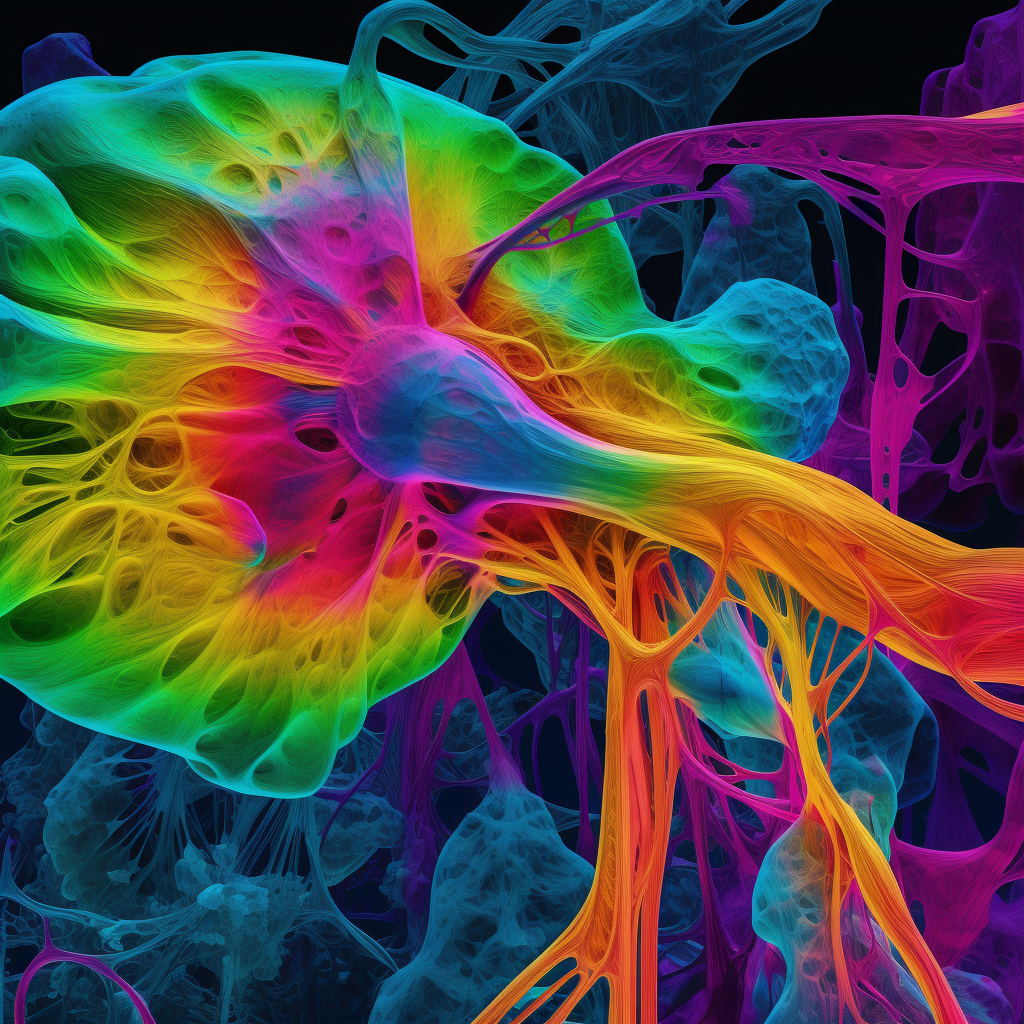November 7, 2023
The Promising Role of Artificial Intelligence in Cancer Research – Revolutionizing Diagnosis and Treatment
Book a Demo
Artificial intelligence (AI) has emerged as a promising tool in the field of cancer research, with recent studies showing its potential to save lives by accurately judging the aggressiveness of certain cancers. Cancer remains a leading cause of death worldwide, claiming the lives of approximately 10 million people each year. Early detection and timely treatment are crucial in improving outcomes for cancer patients.
In a groundbreaking development, the Royal Marsden NHS Foundation Trust and the Institute of Cancer Research (ICR) have developed an AI algorithm that demonstrates superior accuracy in grading the aggressiveness of sarcomas, a rare form of cancer. Sarcomas are challenging to diagnose and treat, making this advancement particularly significant.
Traditionally, biopsies have been the gold standard for assessing the aggressiveness of tumors. However, AI has proven to be nearly twice as accurate as biopsies in this regard. This remarkable accuracy could potentially save thousands of lives by identifying high-risk patients more quickly and ensuring prompt treatment. Moreover, the use of AI technology would spare low-risk patients from unnecessary treatments and hospital visits.
The AI algorithm developed by the Royal Marsden NHS Foundation Trust and the ICR has the potential to revolutionize cancer diagnosis and treatment. While initially focused on sarcomas, researchers believe that this AI-powered algorithm could be applied to other types of cancer in the future, benefiting thousands of patients worldwide.
A study published in The Lancet Oncology further supports the potential of AI in grading the risk of sarcomas. According to this study, AI could be twice as accurate as a biopsy in determining the aggressiveness of certain sarcomas. This level of accuracy is unprecedented and holds immense promise for improving patient outcomes.
The AI tool utilizes imaging data to accurately and quickly identify the type and grade of retroperitoneal sarcomas, a specific type of sarcoma. Retroperitoneal sarcomas are particularly challenging to diagnose due to their location and rarity. With the help of AI, healthcare professionals can now make more informed decisions regarding treatment options, leading to better outcomes for patients.
The collaboration between the Royal Marsden NHS Foundation Trust and the ICR marks a significant milestone in the integration of AI into cancer research and treatment. The potential of AI to enhance the accuracy and speed of cancer diagnosis is a major breakthrough that could save countless lives.
The development of an AI algorithm that surpasses the accuracy of biopsies in grading the aggressiveness of certain cancers, such as sarcomas, holds great promise for improving patient outcomes. The AI-powered tool developed by the Royal Marsden NHS Foundation Trust and the ICR not only has the potential to revolutionize the diagnosis and treatment of sarcomas but also offers hope for the future application of AI in other types of cancer. As the field of AI in cancer research continues to advance, the potential to save thousands of lives becomes increasingly within reach.
Connect with our expert to explore the capabilities of our latest addition, AI4Mind Chatbot. It’s transforming the social media landscape, creating fresh possibilities for businesses to engage in real-time, meaningful conversations with their audience.



